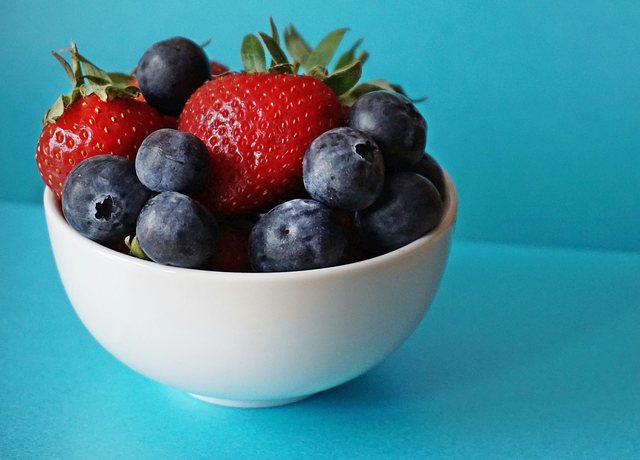
Blueberries are one of the richest natural sources of flavonoids, especially anthocyanins – pigments that give them their deep blue color. These nutrients act as powerful antioxidants, neutralizing free radicals that damage nerve cells and cause oxidative stress in the brain. In particular, anthocyanins help maintain the integrity of neuronal membranes, which is essential for the efficient transmission of signals between cells and for optimal memory function.
In addition to their antioxidant role, bilberry flavonoids positively influence molecular pathways that promote neurogenic plasticity. They stimulate the production of neurotrophic factors, such as BDNF (Brain-Derived Neurotrophic Factor), which promote the growth and repair of synaptic connections. This mechanism translates into improved abilities to learn, retain information, and focus attention on daily tasks.
In addition to their antioxidant and neurotrophic effects, blueberries also have anti-inflammatory properties. Chronic inflammation in the brain is associated with cognitive aging and an increased risk of neurodegenerative disorders such as Alzheimer's. Regular consumption of flavonoids helps to inhibit these processes, protecting nerve cells from inflammatory damage and maintaining mental performance over time.
Integrating blueberries into your diet is simple and delicious: whether mixed into smoothies, muesli and yogurt, or paired with other fruits as an ideal snack, they aim to provide a daily dose of flavonoids. With every sweet, fresh spoonful, the brain enjoys the benefits of antioxidant protection, stimulation of plasticity and reduction of inflammation, contributing to a sharper, more focused mind and more resistant to the challenges of aging.
Photo Credits (Free Download):
https://www.pexels.com/photo/blueberries-and-strawberries-in-white-ceramic-bowl-1120575/





